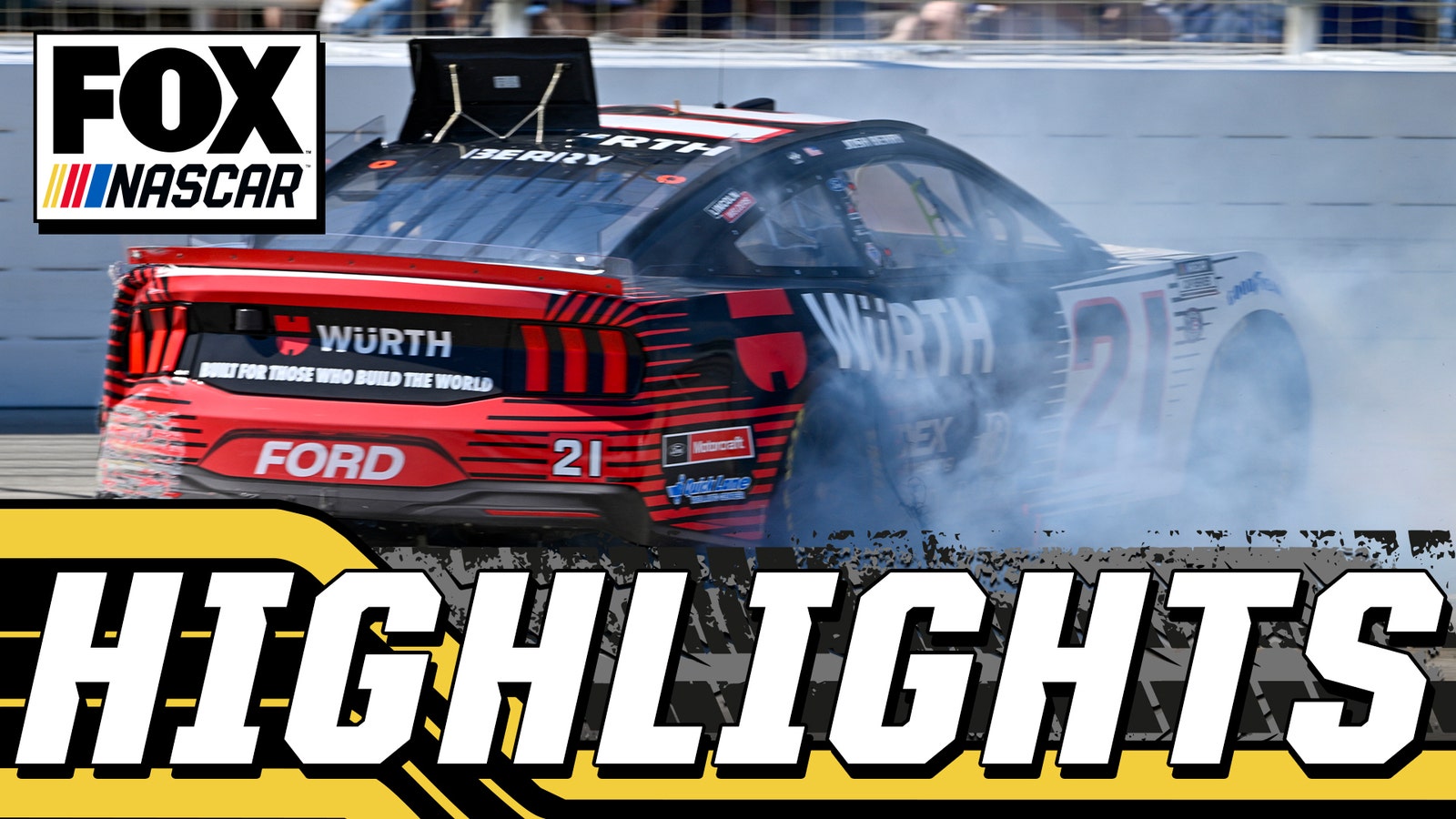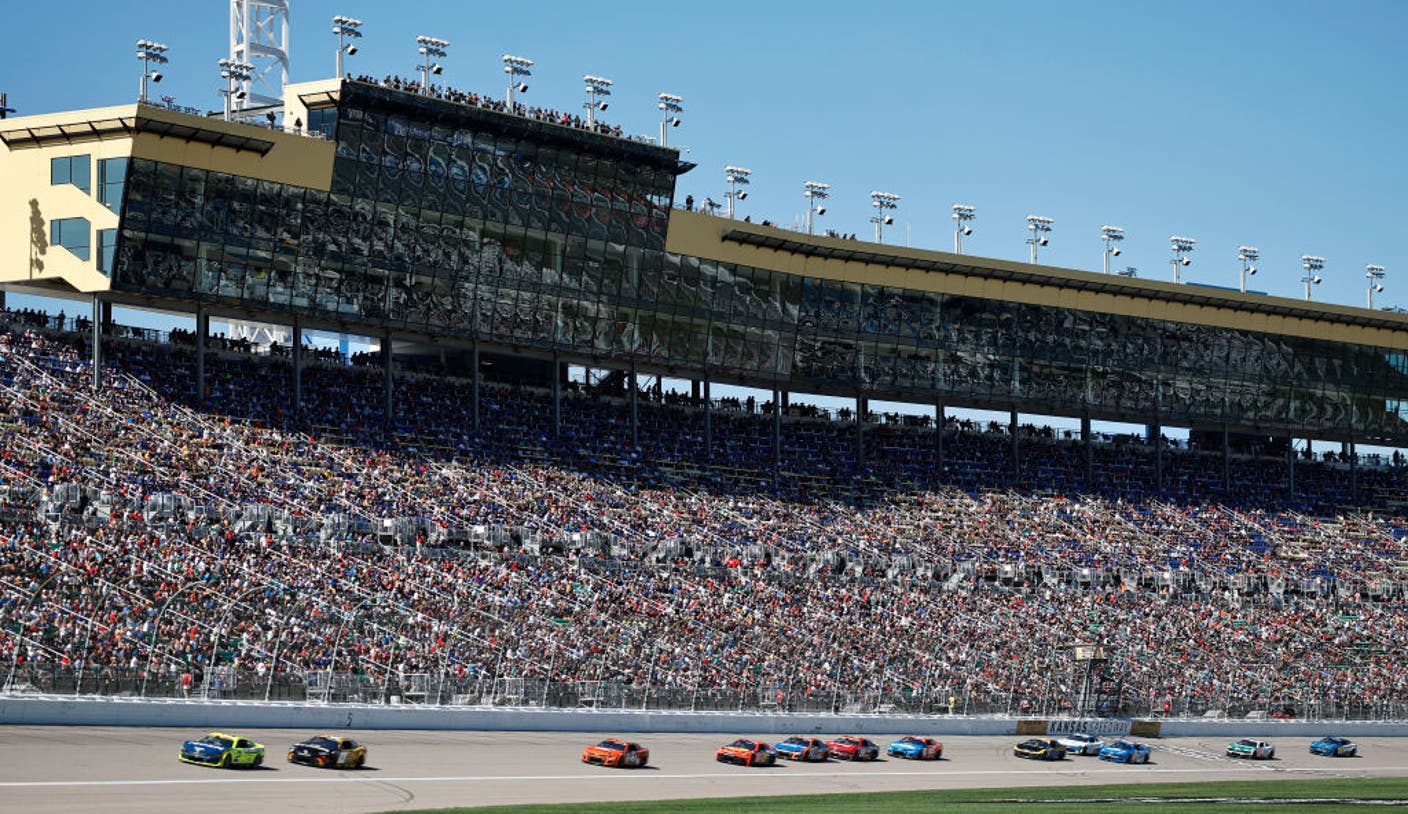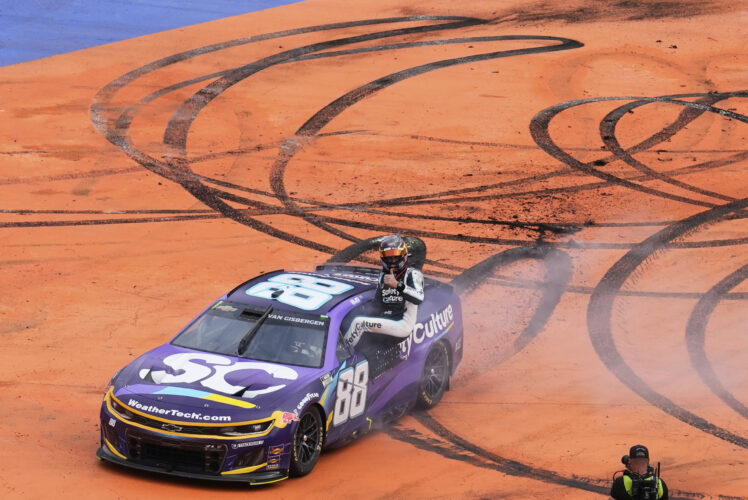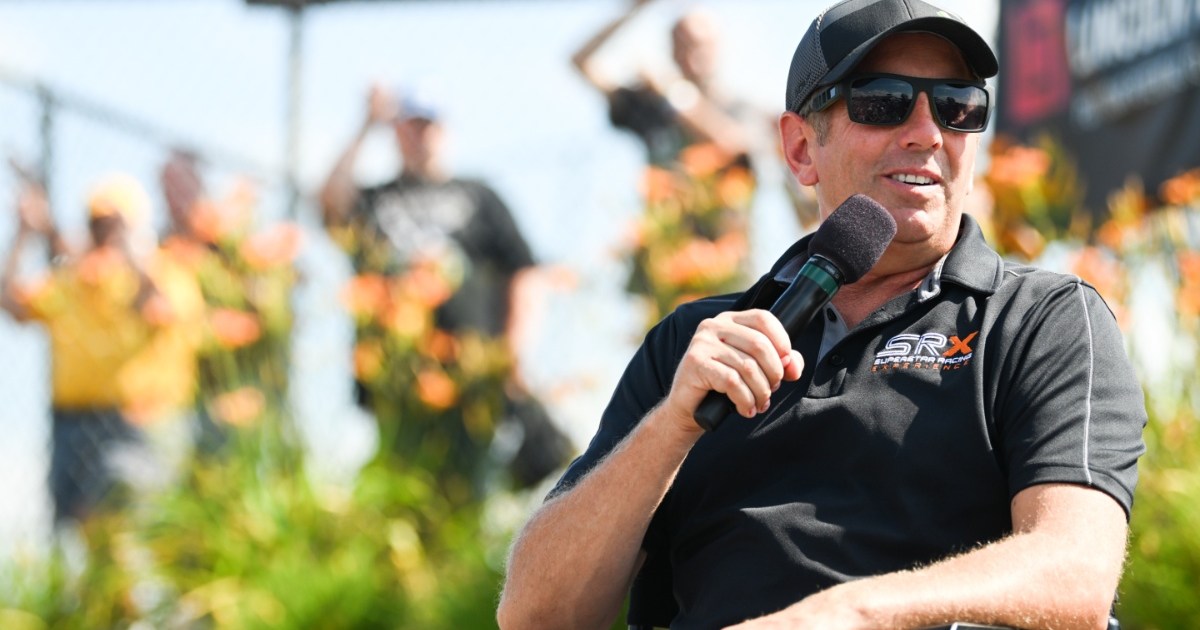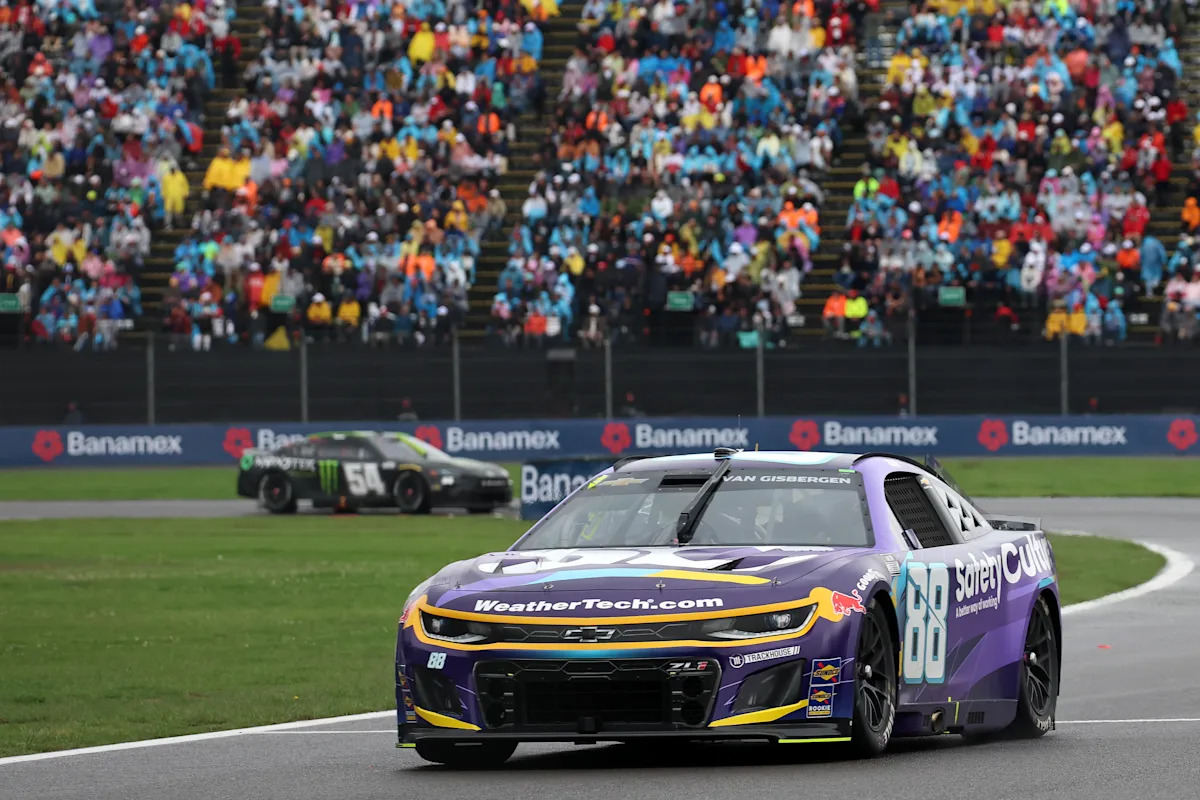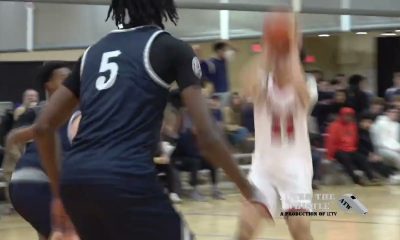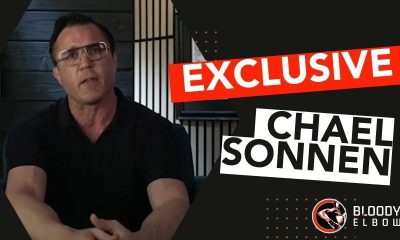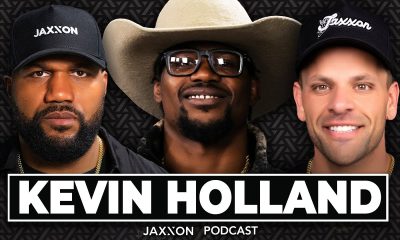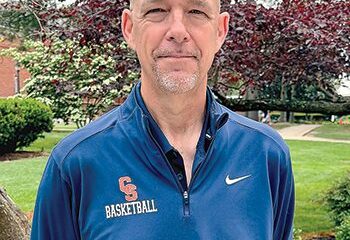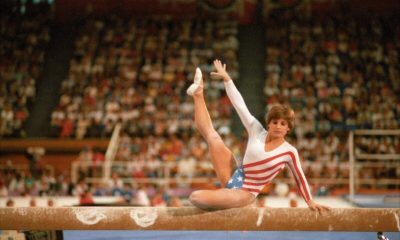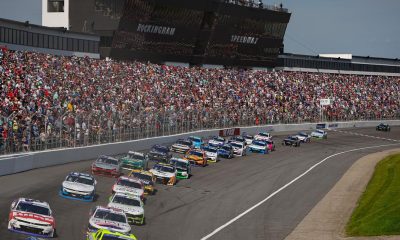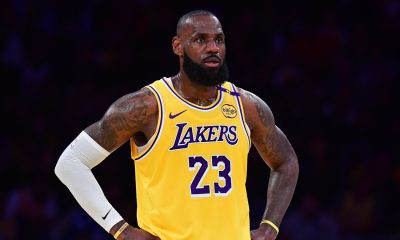“Proud” is the word Ben Kennedy is attaching to NASCAR’s weekend in Mexico City.
The historic Autódromo Hermanos Rodríguez course hosted both the Xfinity Series, which last competed in the country in 2008, and the Cup Series. For the latter, it was their first trip to Mexico City and the first international points race for the series since 1958.
Kennedy, NASCAR EVP, chief venue and racing innovation officer, was one of those instrumental in making the trip happen. There were over 100 haulers that crossed the border, a NASCAR bubble with shuttles to travel to and from the racetrack, which also included designated hotels, and even chartered planes for industry members. Although the logistics did not go perfectly, as Kennedy admitted, given the flight issues, it was great collaboration.
“Today wasn’t just a race,” Kennedy said after Shane van Gisbergen capped off the weekend by winning Sunday’s race. “This was a historic moment for our sport, for Mexico, and for the global motorsports’ community, and there were a lot of folks that came together to be able to make this event happen. … One of the coolest parts about this weekend is seeing the reaction from the fans.”
Daniel Suarez, from Monterrey, Mexico, won the Xfinity Series race Saturday. The triumph added to the weekend’s excitement. Kennedy said he spent time in the stands and called the energy and passion of the fans unmatched.
“We had a lot of fans come from the United States. We had a ton of fans from Mexico,” Kennedy said. “Ninety percent of the people that came to this event were from Mexico. Forty four percent from Mexico City, so a really strong contingent of fans – a lot of people that have been avid followers of our sport, a lot of first-time fans and confident a lot of new fans coming out of this weekend, as well.
“I’m really proud of our sport today and this weekend and thankful for everyone that made it happen.”
Autódromo Hermanos Rodríguez can seat over 100,000 people but NASCAR does not release attendance numbers for its events. Kennedy, however, did say they were “happy” with the turnout and projection. Specifically, he mentioned the stadium section and the frontstretch.
“I think what is just as important to us as the amount of people is the fact that there were avid fans that were here, there were casual fans that were here, there were a ton of new fans that had never been to a NASCAR race,” Kennedy said. “We talk about this a lot of times when we go to new events, take Chicago and L.A. as an example – 70 and 80 percent, roughly, that came to both of those event for the first year, and every time we have one of those events, we hear back from those fans and they are continuing to tune into those events and buy tickets. We had a lot of new fans that came out this weekend and hopefully they found a new favorite driver … and hopefully they’ll continue to tune in to Pocono and the rest of the season.”
NASCAR has a multiyear agreement with Mexico City. However, Kennedy was noncommittal about NASCAR being back in 2026, only saying they are hopeful to be back in the future.
The schedule is not expected to be released for another few months, and NASCAR is still working through pieces of 2026. There will be a deep dive into the Mexico City event and the lessons learned. Kennedy acknowledged one of the variables will be economics.
Cup Series teams traveled straight from Michigan to Mexico City. Xfinity Series teams, who had a week off prior to the event, traveled from Charlotte, North Carolina. After the teams return home this week, it’s off to Pocono Raceway in Pennsylvania. The financial and logistical strain were top of mind for many.
“As we look at any decision that we make on the schedule, we’re always looking at a handful of variables, and that’s (economics) probably one of them on both our side and OCESA,” Kennedy said. “For us, this is more of a strategic move as a sport to expand our footprint globally and internationally, and to a massive fan base. Just being in a country with 90 million people and over 20 million people in the larger Mexico City metro alone, that in and of itself is a success. You guys probably came in and got to drive around town and see the billboards, see all the activations that OCESA did. That is success for us.
“In my opinion, that carries a lot more weight than the economics or financials of the event. Sure, it’s a variable we consider, but strategically it’s more important that we focus on those factors as we make those decisions.”
